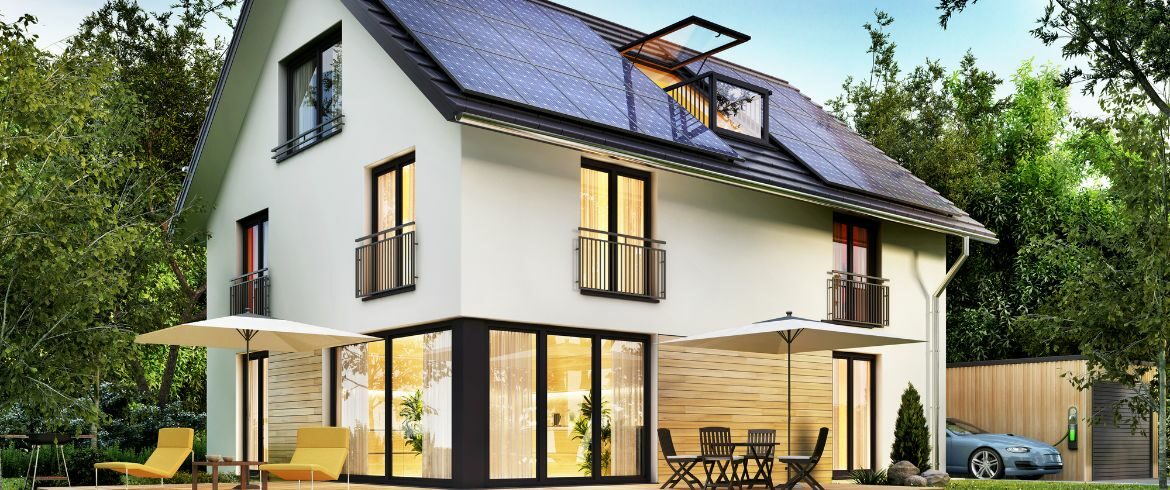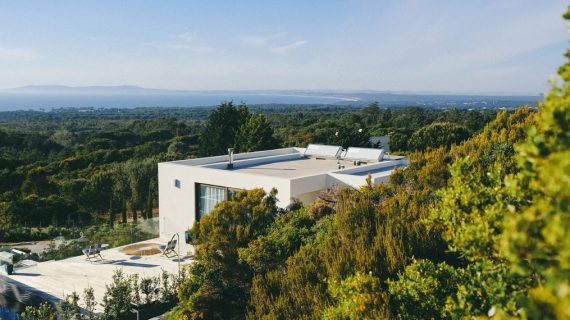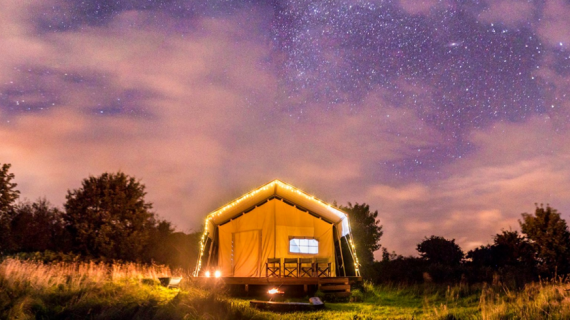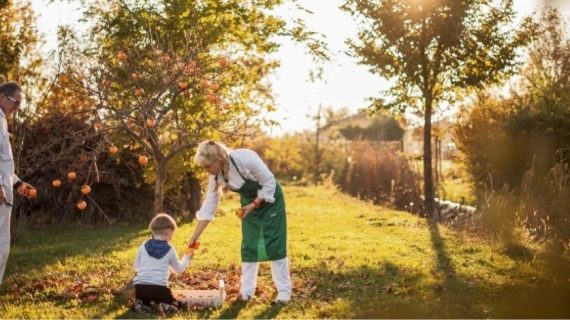Ecotourism has seen a surge in popularity in recent years, with more travellers than ever looking to lower the footprint of their adventures. One report found that an impressive 80% of holiday-goers share this mindset, with younger generations in particular driving a new era of travel.
As a holiday rental owner, then, it’s important you meet the new demands of an eco-conscious audience. But, what does building an eco-friendly bnb actually involve? To help you get off to a good start, we’ve put together 6 things to consider as you join the sustainable travel movement.
1. Mortgage Benefits for Green Homes
If you’re looking to invest in an eco-friendly holiday rental, be it through buying a green home or building your eco B&B from scratch, it’s well worth looking into mortgage benefits. A lot of lenders are encouraging eco-conscious building and buying by adding benefits specifically for sustainable plans, wrapping them up in what’s known as a ‘green mortgage’.
Online Mortgage Advisor, a leading voice in the mortgage industry, note that the number of mortgage products specifically for eco homes has risen from 78 to 400+ in just a few years. The benefits can include lower interest rates, increased borrowing potential, and cashback perks.
Usually, lenders will look at certain criteria to judge whether your property qualifies as an eco home. This frequently means checking that you have an energy efficiency rating of either A or B, an EPC rating upwards of 80, and are working towards carbon neutrality.
Do remember, though, that the benefits offered as well as what qualifies as an eco home will change from lender to lender. It’s smart to browse through your options to learn more about what’s available for your sustainable holiday rental.
2. Funding for Eco Installations
Alongside green mortgage benefits, there’s plenty of funding available to make building sustainable homes easier than ever.
IIn the UK, for example, it’s worth looking into the government’s Green Deal initiative, independent Solar Panel Funding, and e.on’s Green Homes Funding Scheme.
The Eco Experts also have a great run-through of all the government’s home improvement grants. From heat pumps to electric vehicle charging points, there’s tons of financial help available if you’re looking to upgrade your property or build an eco-friendly holiday rental.
3. What Do People Look For in an Ecobnb?
Before diving into construction or renovations, get to grips with what your audience is looking for in an eco-friendly B&B.
If you already have a holiday rental, you can learn more about your target market by surveying guests. Create a feedback form to ask which eco-friendly practices your guests view as important when travelling and what they expect from a sustainable holiday home. You might add a list of potential green renovations you’re planning, too, and ask guests to rank them from most to least important.
For a first-time holiday homeowner, there’s plenty of information on what sustainable issues the public are most concerned about. 75% of consumers, for example, report that reducing plastics is an essential part of becoming more sustainable, while Gen Z will pay more for ethically sourced products, making eco coffee and toiletries well worth the cost for a younger B&B audience.
Do your research to learn what eco changes you should prioritise, ensuring the highest return on investment (ROI) for your sustainable efforts.
4. Budget-Friendly Eco Switches
When considering whether to dip your toe into the eco-friendly tourism market, it’s good to remember that going sustainable isn’t always a large cost. Some renovations are going to take up more of your budget, like installing solar panels or investing in better insulation, but there are plenty of ways you can start going green without breaking the bank.
Some cost-effective sustainable ideas that’ll earn you green points include:
- Switching to a renewable energy provider
- Using energy-saving lightbulbs
- Storing rainwater for watering plants and flushing toilets
- Installing a smart meter for guests to monitor their energy use
- Opting for eco-friendly suppliers (e.g. ocean-safe toiletries in glass bottles and biodegradable coffee filters)
- Choosing natural fabrics instead of synthetics
- Adding low-flow tap attachments
- Choosing energy-efficient appliances
- Starting a food compost system
- Using eco-friendly cleaning products
Take a look at more ways that you can become a green host on our FAQ page.
5. Getting Your Guests Involved
Once your holiday home is up and running, keep sustainability at the forefront by getting your guests involved. This can also play a key part in your marketing strategy, making it clear that you’re not just an ecobnb by name but really put the principles into practice.
A good place to start is by providing guidance for your eco tools. For example, if you have a smart thermostat, provide clear information on how to use it as well as how turning the temperature down by a degree or two lowers the carbon footprint of their stay. Anything unique, like a compost toilet or a rain-water filtration system, should be explained, too, with information on how to use the product and why it’s more sustainable.
You can also add tips around the home for a more sustainable stay, or compile all the information together in a welcome folder.
6. Marketing Your Eco-Friendly Holiday Rentals
You’ll only see the business benefits of going green if you market yourself as an eco-friendly bed and breakfast. Be sure to incorporate your changes into your marketing strategy, whether that be by adding your eco-initiatives to your social media or updating the information on your website to keep your existing audience in the loop.
It’s also advisable that you actively reach out to the eco-conscious travel market, placing your green B&B where they can easily find it. One way to do that is through Ecobnb.
Designed to pair sustainable holiday rentals with eco-friendly travellers, it takes the stress out of finding guests and ensures your green changes are seen by the right audience. Once you’ve upgraded to an eco-friendly holiday rental, list your place and start filling your diary with bookings.
Final Thoughts
Eco-friendly holidays aren’t going to disappear anytime soon. In a world that’s seeing a huge shift towards sustainability, creating an eco holiday rental isn’t just good for business, it’s good for all of us.
To learn more about becoming a green host, be sure to join the Ecobnb community.




